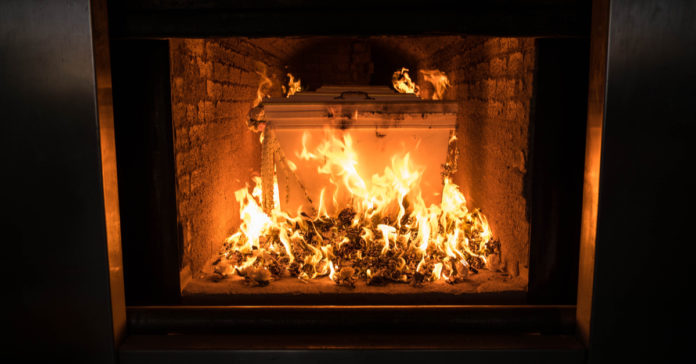Sri Lanka’s Supreme Court has rejected petitions by members of the Muslim community against the government’s regulation that makes cremations mandatory for COVID-related deaths.
Twelve Muslim petitioners challenged the regulation issued in April, claiming it impinged on the fundamental rights of the island’s Muslim minority. But their pleas fell on deaf ears.
On April 11, the government issued a gazette notification making cremations mandatory for COVID-related deaths.
Muslim leaders claimed the gazette violated World Health Organisation recommendations which do not oppose burials. The WHO guidelines stipulate that victims can be “buried or cremated.”
UN Rapporteurs and international rights watchdogs had urged the Sri Lankan government to review the decision and respect the Muslim community’s burial rights.
Recently the Organisation of Islamic Cooperation (OIC) expressed “deep concerns” over the cremations, saying that the World Health Organisation does not prescribe cremation so there is no reasonable justification to enforce cremation.
The OIC urged the Sri Lankan government to “fulfil its human rights obligations by respecting the right of its Muslim minority to practice their religion free from any discrimination, including the uncompromised right to honour the dignity of their dead in line with their religious beliefs and obligations.”
Subscribe to our newsletter and stay updated on the latest news and updates from around the Muslim world!
Sri Lankan officials have justified the policy by saying that burials take longer than cremations, and the country’s groundwater levels are too high thereby heightening the risk of infection spreading.
The court decision came as the country is currently gripped in a second wave of the pandemic. The number of cases and deaths has increased six times since the early October.
According to the Johns Hopkins University data, Sri Lanka has reported 23,987 cases and 118 deaths.
Tensions between Muslims and the majority Buddhist Sinhalese population have been simmering since Easter 2019 after local “jihadists” were accused of suicide bombings at three hotels and three churches that killed 279 people.
Weeks later, Sinhalese mobs attacked Muslims, killing one and wounded dozens more. Hundreds of homes and vehicles were destroyed and the authorities were accused of failing to stop the violence – a charge denied by Colombo.


















